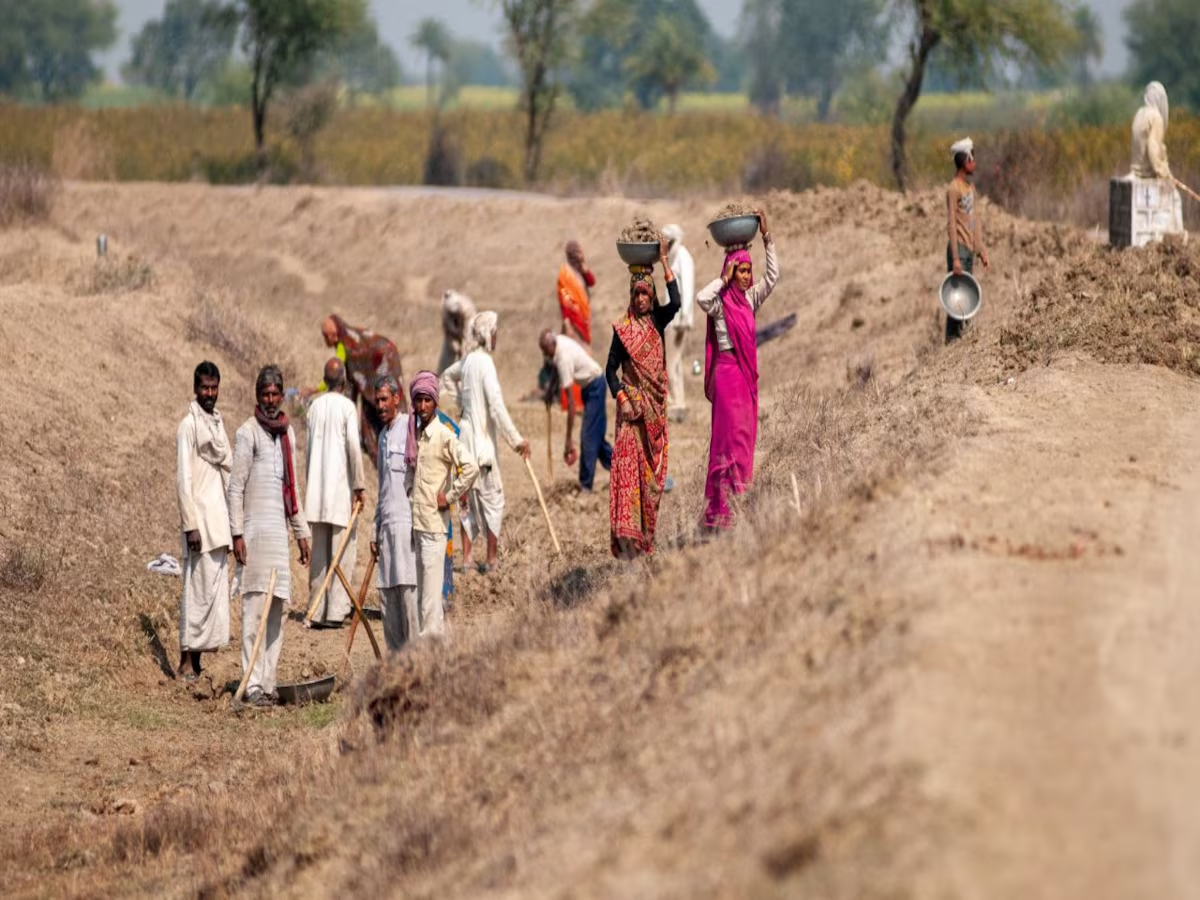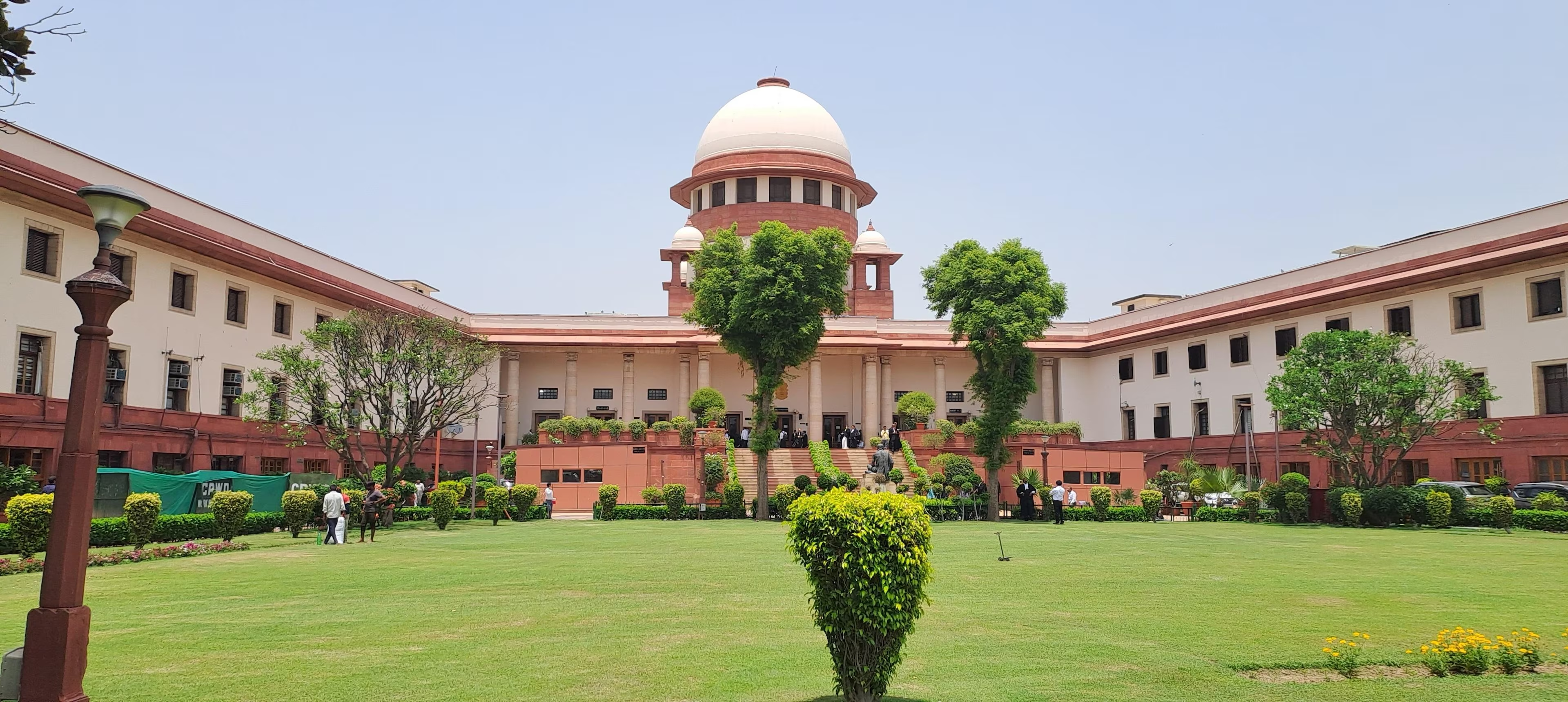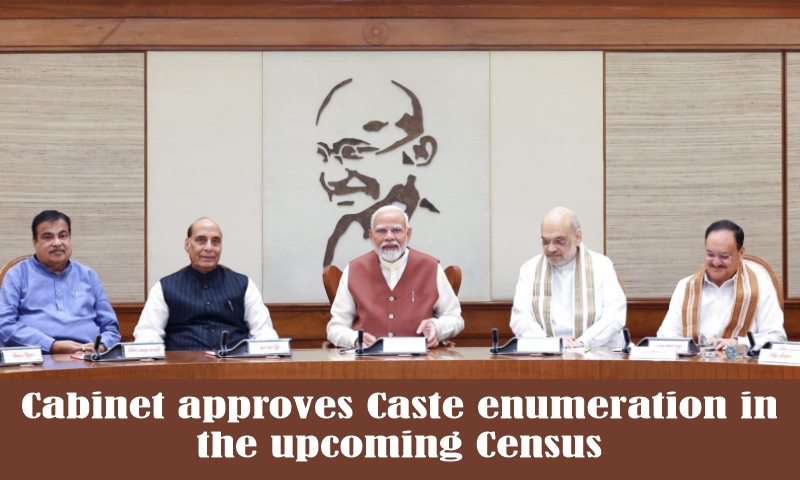- Courses
- GS Full Course 1 Year
- GS Full Course 2 Year
- GS Full Course 3 Year
- GS Full Course Till Selection
- CSAT
- 5 LAYERED ARJUNA Mentorship
- Public Administration Optional
- Online Program
- GS Recorded Course
- NCERT (Recorded 500+ Hours)
- Polity Recorded Course
- Geography Recorded Course
- Economy Recorded Course
- AMAC Recorded Course
- Modern India, Post Independence & World History
- Environment Recoded Course
- Governance Recoded Course
- Science & Tech. Recoded Course
- International Relations and Internal Security Recorded Course
- Disaster Management Module Course
- Ethics Recoded Course
- Essay Recoded Course
- Current Affairs Recoded Course
- ABOUT US
- OUR TOPPERS
- TEST SERIES
- FREE STUDY MATERIAL
- VIDEOS
- CONTACT US
Ethical Dilemmas in the Digitization of MGNREGA
Ethical Dilemmas in the Digitization of MGNREGA

Mr. Himanshu, a newly recruited Development Officer, has been posted in a remote district to oversee the implementation of the MGNREGA scheme. In line with the government’s vision of Digital India, a new attendance app has been introduced to track workers’ attendance and compute their wages. However, the digitization drive has met with several operational and ethical roadblocks.

Issues Faced:
- Technical Glitches in the App:
- The attendance app frequently malfunctions, leading to inaccurate wage calculations and delayed payments.
- This has caused financial distress among workers who depend on timely wages for basic sustenance.
- Worker Disillusionment:
- The persistent payment issues have led to loss of morale and motivation among MGNREGA workers.
- Reduced enthusiasm and productivity are affecting the overall effectiveness of the scheme.
- Resistance from Contractors and Middlemen:
- Local intermediaries, who previously manipulated the muster rolls for a commission, are now instigating workers against the new system.
- Their vested interests are threatened by the transparency of the digital platform, leading to deliberate misinformation campaigns.
Ethical Issues Involved:
- Exploitation and Economic Hardship:
- The most vulnerable section—unskilled rural workers—is being deprived of their rightful earnings due to system errors.
- This violates principles of justice and welfare under a rights-based scheme like MGNREGA.
- Erosion of Trust in Governance:
- Systematic glitches and payment delays diminish citizens’ faith in the state's ability to deliver services.
- A weakening of the social contract undermines the democratic ethos of accountability and trust.
- Legitimization of Corrupt Practices:
- Workers, who earlier received partial wages through intermediaries, now perceive the corrupt manual system as more reliable.
- This shift in perception threatens the values of integrity and ethical governance.
- Exclusion of the Digitally Marginalized: The digital system unintentionally excludes those without access to technology or digital literacy, widening the rural-urban digital divide.
- Failure of Institutional Accountability:
- The Gram Panchayat and Ministry of Rural Development are morally and administratively responsible for ensuring smooth functioning of welfare schemes.
- The app's failure reflects a lack of preparedness and oversight.
Suggested Measures to Resolve the Situation:
- Immediate Rectification and Technical Oversight:
- The app development team must be held accountable and directed to urgently resolve software bugs.
- Establish a technical grievance redressal mechanism to ensure timely corrections.
- Human Interface for Verification:
- Engage the Panchayat Secretary or field-level officials to cross-verify the attendance and payment records manually until the app stabilizes.
- Discrepancies should be corrected through direct compensation to affected workers.
- Appointment of a Local Digital Facilitator:
- A local educated youth can be hired as a contractual overseer to monitor the digital attendance system.
- This creates local employment while ensuring transparency and accountability.
- Bridging the Digital Divide:
- Conduct training workshops for workers and contractors to enhance digital literacy.
- Educating users will empower them to identify and report errors confidently.
- Institutionalizing Social Audits:
- A social audit committee comprising local Panchayat members and community volunteers (with diverse representation) should be established.
- Their role would include monitoring digital records, investigating complaints, and ensuring ethical practices.
- Rebuilding Trust:
- Mr. Himanshu should initiate community meetings to transparently explain the government's intention behind digitization and the steps being taken to address current issues.
- Reinforcing citizen-government partnership will restore faith in the system.
The success of Digital India lies not merely in the rollout of new technologies, but in inclusive access, trust-building, and ethical implementation. While digitization can enhance transparency, it must be backed by robust infrastructure and responsive governance.
In the words of Deendayal Upadhyay, “Antyodaya leads to Sarvodaya.” Unless the last person in the queue is empowered and heard, the larger goals of good governance and inclusive growth will remain unfulfilled. Mr. Himanshu’s ethical leadership, guided by empathy and accountability, can turn this crisis into an opportunity for transformative governance.
|
Also Read |
|
UPSC Foundation Course |
|
| UPSC Monthly Magazine | CSAT Foundation Course |




